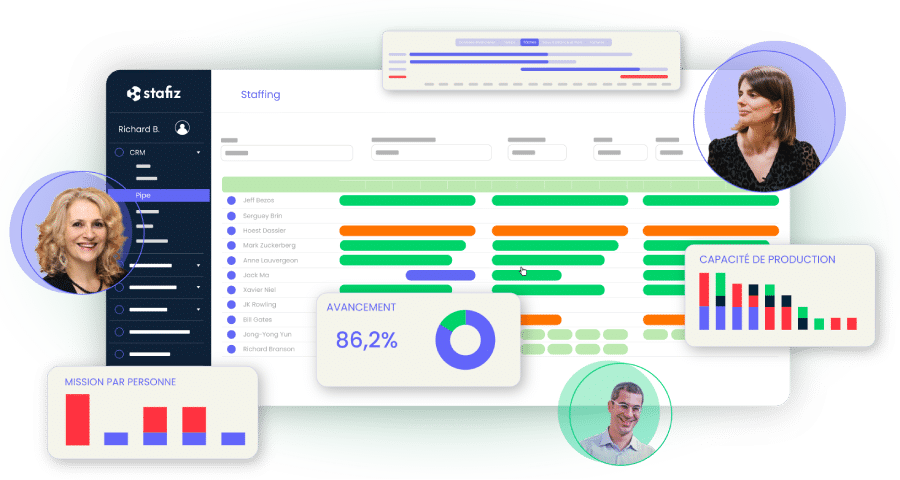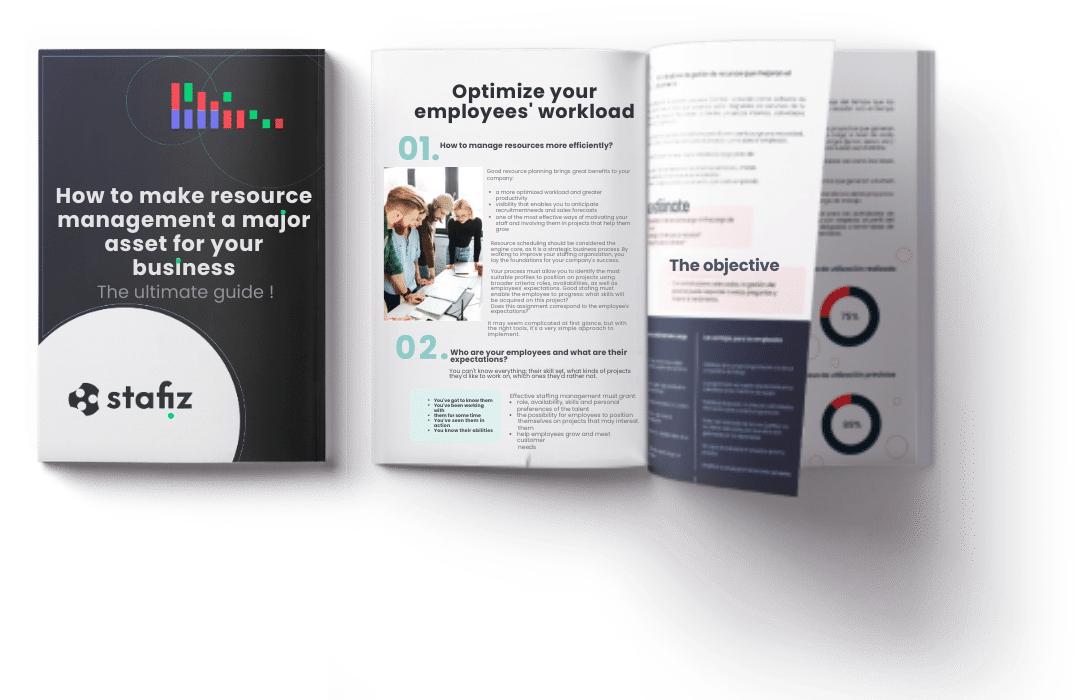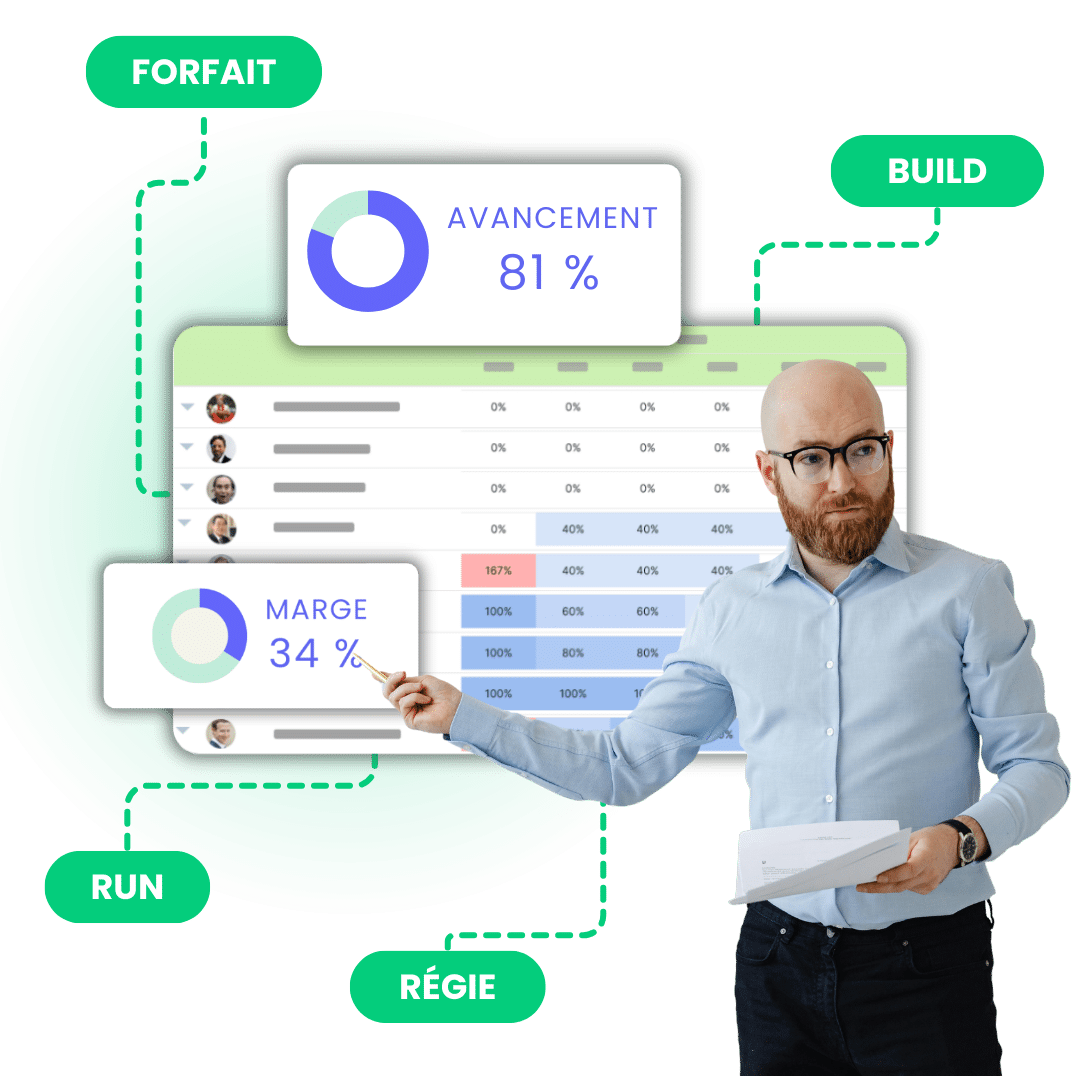Interview with Hystra
Interview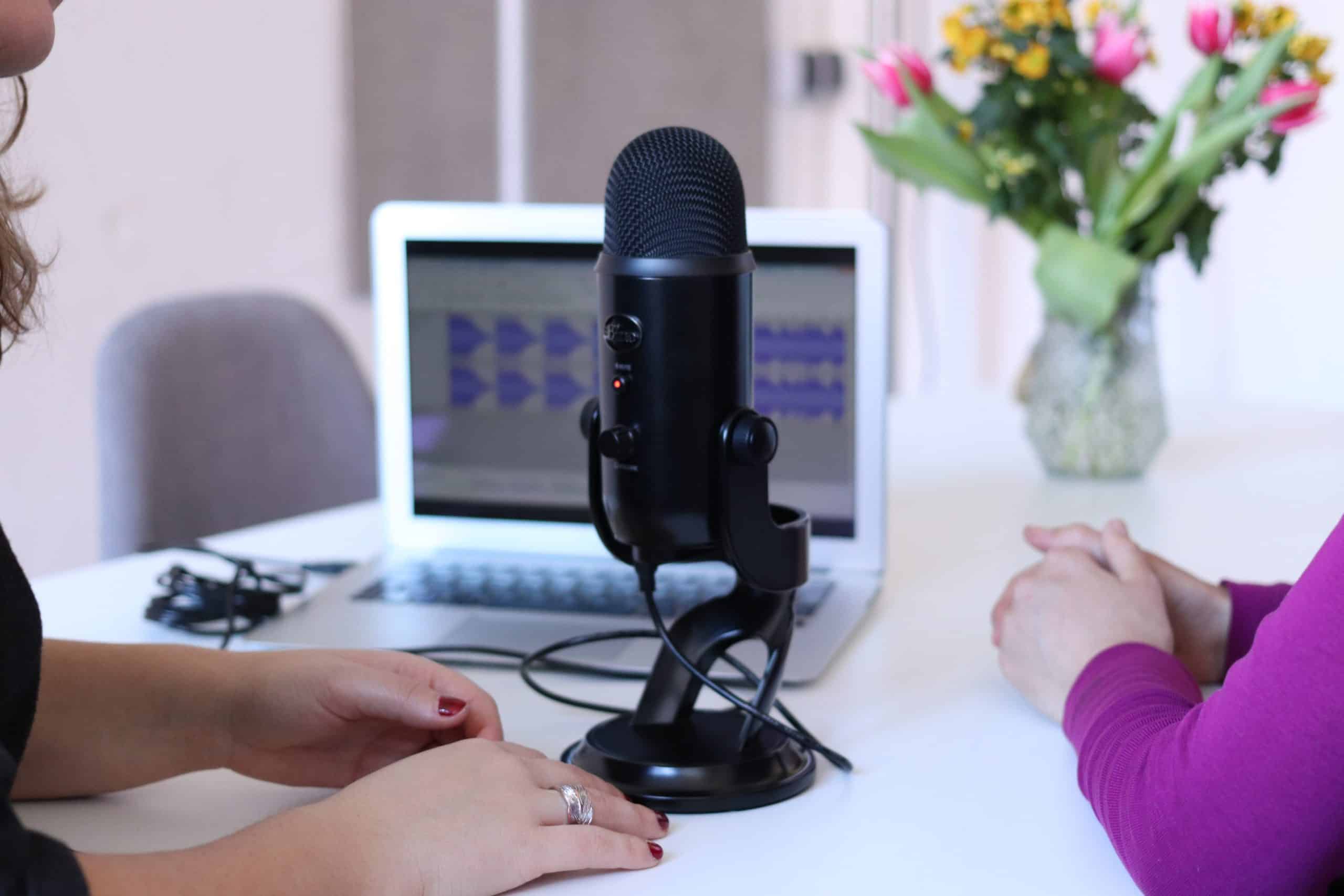
Interview with Lucie Klarsfeld
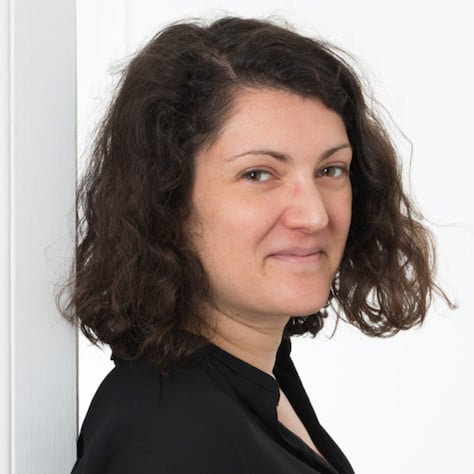
"Hello Lucie, can you introduce yourself and your company?
My name is Lucie Klarsfeld, I am 35 years old and have two children, I joined Hystra in 2009 and have been a partner since 2018. When I joined Hystra, the company had just been created. There were three of us in the back room of an art gallery. Now, there are about twenty of us with a few collaborators in Africa. We are a consulting firm in hybrid strategy or "inclusive business". We started by working with large groups, such as Engie, Total, Danone, etc.
Today, we are working more and more with smaller social enterprises, or social entrepreneurs who have set up their own structure, or with investors who are interested in social issues and who are looking to sustain their impact by working on projects over the long term. One of our biggest clients is the Gates Foundation, for example, with whom we work on nutrition, sanitation and women's health issues. We help them develop partnerships with private companies and industrialize high-impact products.
Other aspects of our business differentiate us from more traditional strategy consulting firms. We act as a bridge between actors, sectors that without us do not think or are unable to collaborate.
We work between these foundations and large companies to promote these projects. We work to create coalitions and alliances that make it possible to have a greater impact on society. For example: we helped found the Toilet Board Coalition, to help promote access to sanitation and toilets in different geographies through a mix of technical assistance and grants. The problem of sanitation cannot be solved with a single actor. There is a need for many different companies and professions that each provide part of the solution. That is why we have helped to build this alliance.
Are your employees in France or spread around the world?
Normally, most of them are in Paris. Since Covid, our European employees have returned to their families. Some come from Italy, Germany, the United Kingdom, Switzerland.
We have one of our consultants in Burkina Faso on secondment. For the past two years, we have been rotating our consultants for periods of six months to a year to bring our expertise to the Meriem project that we are leading in partnership with GRET and 6 other stakeholders.
We work with local partners, whom we call Network Partners, who have their own consulting structure. One of them, who is very active at the moment, is working on a project in India. There are others in Latin America and Africa.
We also work in partnership with other organizations that have capacity on the ground.

You are very internationally oriented, how has the situation over the past year impacted you? Have you experienced any major changes in the way you proceed?
During the lockdowns, we had one or two months of hesitation. We had several pilot project launches, notably with the Gates Foundation. Three of them have been put on hold. March and April 2020 was a time of uncertainty. Some activities were able to resume in June 2020 and have even accelerated. As part of the Global Distributors Collective that we helped set up and co-lead with Practical Action and BopInc, we did webinar series to discuss best practices for overcoming the pandemic. Most of our projects have been relaunched, and we had a pretty good 2020, and 2021 seems to be as well.
How have we adapted in terms of processes? We were already used to working across multiple time zones, whether it was with the Gates Foundation, or with our partners and collaborators around the world. Even in normal times, we were used to working remotely over time, rather than as an integrated on-site team.
One of the things that makes us attractive to our consultants is this possibility of travelling, this international side, of being in contact with foreign entrepreneurs and clients. But this is something we have not been able to do for a year.
We did what everyone else did and started using Teams and Zoom. Our team switched to full teleworking at the beginning and then we alternated in a reduced team between the office and at home according to the various lockdowns. We adapt, we have created team events, pub and quiz evenings by zoom. We tried to ensure that all our consultants were in the best possible conditions by telling them in October 2020 that they would not be asked to return to France before July 2021, in order to allow those who wished to return to their country to do so. We have also helped our consultants to equip themselves to work from home by providing them with the necessary equipment to make teleworking a little less painful.
Excerpt from the interview
Are you waiting for the offices to reopen? Do you think full remote has a future?
We are looking forward to the possibility of reopening. We are a small structure, but there is really a very strong team spirit. Apart from my two partners who are in their fifties, there are only two of us who have children. The whole team is between 22 and 35 years old. We like to see each other and party. So just being able to see each other in the office is already good, I have no doubt that everyone wants to come back. When we reopened halfway in September, we had to ask some to unsubscribe, too many of us wanted to come back!
We are in a profession where there is a lot of interaction, we all learn – especially young people – by brainstorming. It's indeed more difficult to do this by staying focused for seven hours in front of your screen rather than live. Despite everything, we realized that we were doing it better than we thought. That's why, when things resume, we will consider giving everyone the opportunity to stay one or two days a week working from home. We will discuss it as a team to find the best formula for everyone, taking into account the fact that the young people still need to be immersed in the structure to progress and stay motivated.
With your partners, on the various projects already remote, hasn't it changed that much?
What has changed is that we have some projects that have started since the pandemic where we have not been able to meet people on the ground at all. We take longer to build relationships of trust on these new projects.
You were talking about the year 2021, which seems to be off to a good start, has there been a real change in this approach to inclusive business, to the impact company? Is this something that is really progressing? Does it work better because we have our backs to the wall?
There is a collective awareness among consumers, and employees who are asking for more and more meaning in what they do or what they buy. On the other hand, as philanthropic resources are scarce – which is even more accentuated with the pandemic and the economic consequences of the crisis which have also affected foundations and funders – there is a desire on the part of companies to bring together their philanthropic activities, corporate responsibility and core business activities. It's impressive to see the number of companies that are thinking about setting up an impact fund at the moment, for example, as the EVPA has well documented.

Do you have any recruitment forecasts for 2021?
We recruited three consultants on permanent contracts in 2020 and plan to recruit at least two, maybe three this year. We have a new European Network Partner joining us, based in London, who has spent most of his career in Africa, partly in consulting, partly with the NGO TechnoServe, and partly with Barclays Bank. We are looking for this kind of hybrid profile, people with fairly strong business experience, and who also have this sensitivity for social and environmental issues.
If you had a feedback or recommendation to give to someone who would like to get into consulting and what it can bring, what would you tell them?
"Classic" strategy consulting provides very interesting methodologies and ways of thinking. It is an experience that teaches you to pose problems, make effective decisions for the best possible result. It allows you to work on a whole variety of subjects, to constantly learn new things in new fields.
What differentiates us is the fact that we only work on models that use the company to maximize social and environmental impact. This leads us to work at many levels, with a wide variety of interlocutors, ranging from a small farmer in India to a business manager in Madagascar to the Vice President of a CAC40 company.
Consulting at Hystra is well suited to people who want this kind of hybrid experience, who want to combine social impact and business environment, field visits and presentations to the boards of directors of large groups, empathy and analytical rigor. With the aim of scaling up the social and environmental innovations that our world deserves.
Thank you Lucie for all this, it was very interesting."
Check out our other interviews, with YouMeo, Meja, and Calyans.
You might be interested in other articles
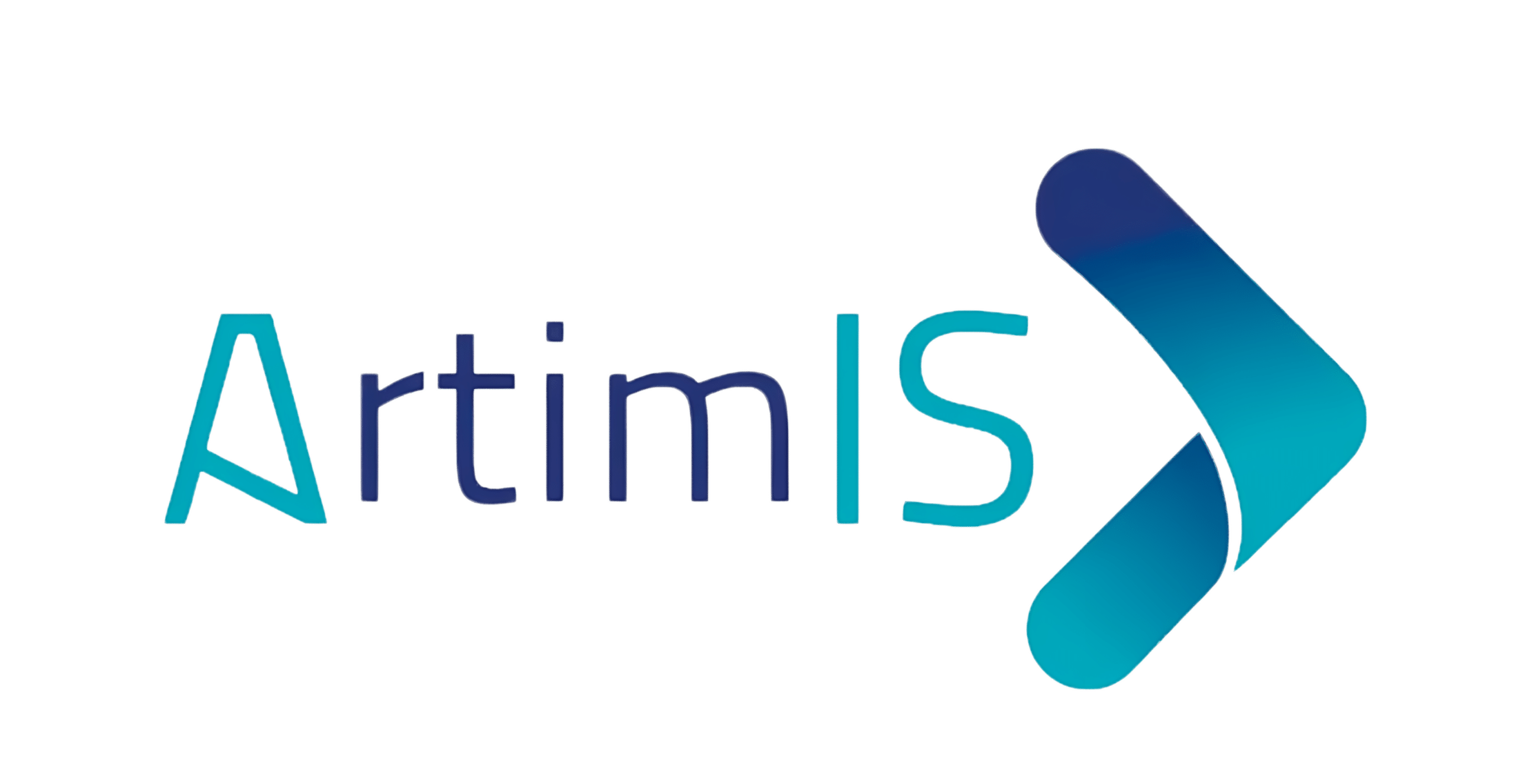
Optimizing Customer Relationship Management (CRM) with Stafiz: the case of Artimis
Natalia Duarte...
